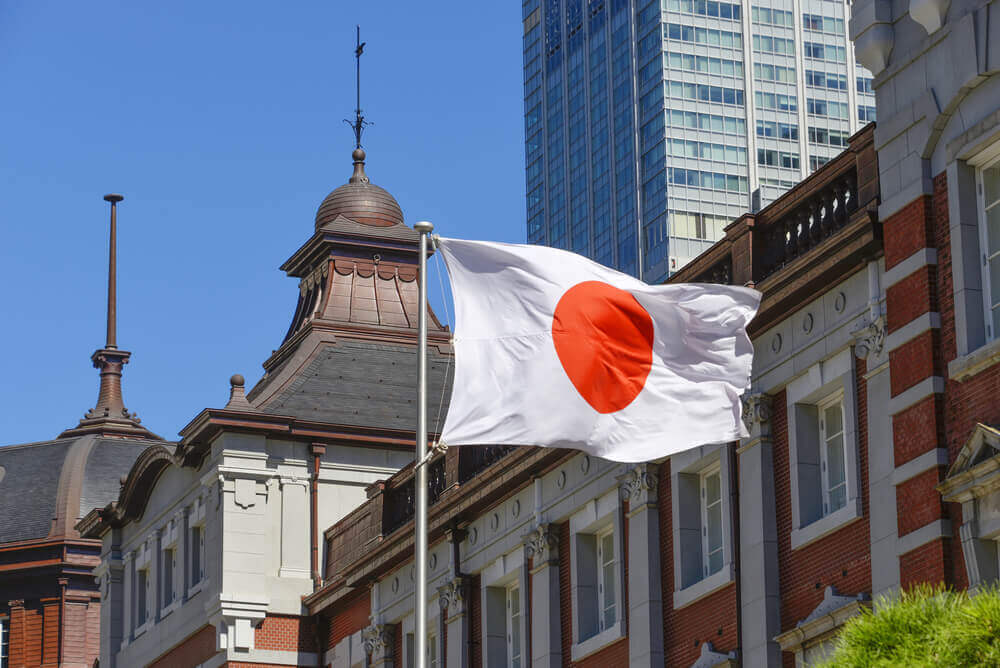Japan’s wages fell by the most in nearly nine years in January. Official data showed that inflation eroded consumer purchasing power and undermined efforts by monetary policymakers to revive an economy slowed by the pandemic.
Wage trends in the world’s third-largest economy are under close market scrutiny. Bank of Japan officials said wage increases and 2 percent inflation were essential to easing loose monetary policy.
The central bank should keep its ultra-low interest rates at a meeting on Friday as it awaits a leadership transition that could eventually end outgoing chief Haruhiko Kuroda’s radical stimulus.
Salaries are adjusted for inflation
Inflation-adjusted real earnings, a barometer of household purchasing power, fell 4.1 percent in January from a year earlier. This was the biggest drop since May 2014, Labor Ministry data showed on Tuesday. A revised decline of 0.6 percent followed this in December.
Azusa Kato, the senior economist at BNP Paribas Securities, said real wages likely bottomed in January as government subsidies for electricity and gas took effect in February, and the underlying effects of rising commodity prices had run their course.
With wage increases gaining momentum heading into annual labor talks this month, the Bank of Japan will be under pressure to adjust its yield curve controls as early as this week.
Japan’s economy avoided recession in the fourth quarter but recovered much less than expected.
The data showed that total cash receipts or nominal wages rose 0.8 percent year-on-year in January. This was much weaker than a revised 4.1 percent rise in December when strong one-off winter bonuses boosted overall wages.
In January, the consumer inflation rate, calculated at 5.1 percent, outpaced weak nominal wage growth.










